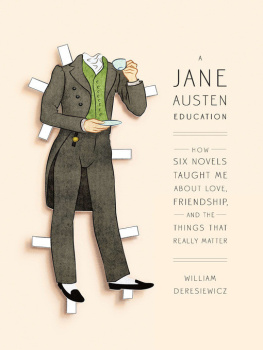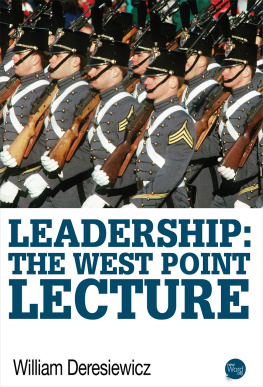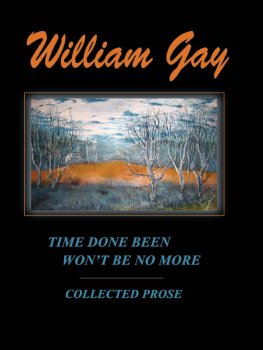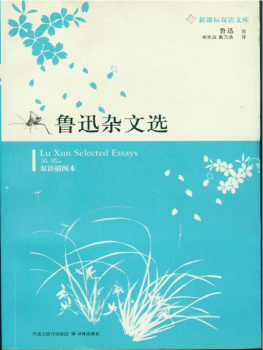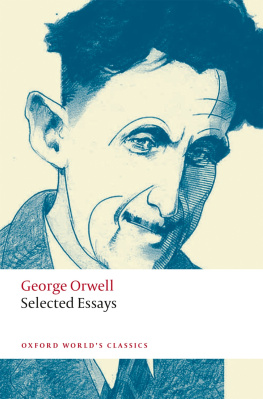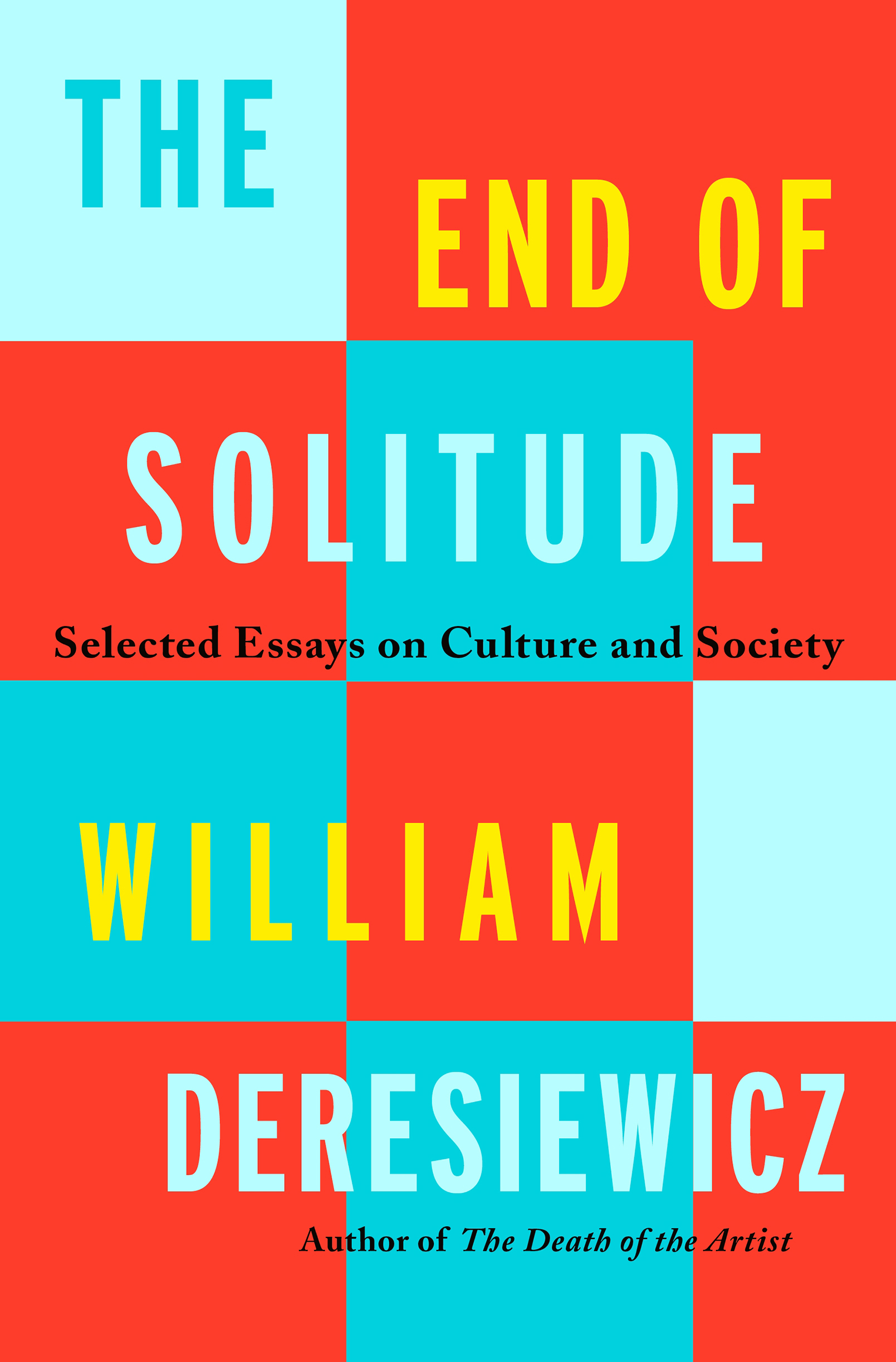Contents
Guide
Pagebreaks of the print version

The author and publisher have provided this e-book to you for your personal use only. You may not make this e-book publicly available in any way. Copyright infringement is against the law. If you believe the copy of this e-book you are reading infringes on the authors copyright, please notify the publisher at: us.macmillanusa.com/piracy.
To Jill
When I was twelve years old or thereabouts, I started making little speeches in my head. This wasnt something planned or purposeful; I just found myself doing it at a certain point. One such tirade, I rememberI composed it walking back from synagogue one Sabbath afternoonwas a riff on Benjamin Disraelis famous retort to an anti-Semitic colleague, When your ancestors were painting themselves blue (a reference to the ancient Scots), mine were priests in the temple of Solomon. I was a proud young Jew. And, in retrospect, I was destined to be an essayist.
This book presents a selection of the pieces I have published since that ardent afternoonthough the record is notably blank for the first many years. For a great while, my literary output was largely inflicted on friends, in the form of long (long, long, long, long) letters. Ten typewritten pages would not have been atypical for a lonely evening in my early twenties. So many thoughts! Sometimes, usually after a few months of stunned silence, my correspondent might even reply. But thoughts are one thing; thoughts worth publishing, in prose worth reading, are something else. The first piece included here was written when I was twenty-nine; the vast majority, when I was over forty-five. It takes a long time to have an original idea.
Which is not to say I wasnt writing in the interval. I had started taking dance in college, and around the time that I was composing those letters I began to publish dance reviews, the best of which, on Mark Morris and Merce Cunningham, the choreographers I most esteemed, are included here. In the meantime, I was also in graduate school, doing a doctorate in English lit. When a teaching job took me away from New York, I switched to writing book reviews, a form that suited me more comfortably in any case. Of the many I have written since, I have selected some that deal with the work of prominent critics and intellectualsrole models, admirations, cautionary examplesas these belong most naturally within the present volume.
It was only as I was leaving academia, at forty-four, in 2008, and for reasons explained in this bookonly, in other words, when I became a full-time writerthat my work as an essayist gathered momentum. I was no longer teaching; I was no longer responsible for producing academic scholarship. My attention, which for nearly twenty years had largely been focused on the past, and the works of the past, could turn to the world I was actually living in. Obsessions old and new could get their head. Higher ed, for one: elite institutions and what the system centered on them does to those who enter it, the degradation of the college idea in the age of neoliberalism, the depredations of the academic labor market, and, most recently, the intellectual and moral malady we called, until not long ago, political correctness. Social media, for another, the inevitable subject: what the internet is doing to our inner lives and intimate relationships. The arts, as always. My Jewishness, which has traveled many miles since that day I channeled Disraeli. Each is represented here by its own section.
Essay led to essay with the glorious, perilous unpredictability of a freelance career. When, in 2011, the New York Times relaunched its Week in Review as the Sunday Review, and was briefly taking chances on writers and subjects, I got the opportunity to roam more freely across the culture. Some of the results are included here under the rubric of The Social Imagination. More happily still, around the same time, Robert Wilson, the editor of the American Scholar, invited me to join the magazines new online venture: five blogs by five writers, one for each weekday. Composing a tight, shapely argument in the space of a couple of pagessomething I could turn out in a single gesture, a single morningturned out to be exhilarating. A friend referred to the pieces (or, at least, some of the better ones) as idea bullets, and thats pretty much what I was going for. I held down my slot for a little more than two years, 116 weekly mini-essays, the best of which are represented here by the pieces whose titles appear in italics.
Four essays are published in this volume for the first time. Culture against Culture enlists on the side of the arts and humanities in their battle not with science but with scientism, the belief that science is adequate to address all problemsan older culture war, still smoldering. The Makers Hand pays tribute, in the age of content, to the artist and their magic that shapes matter into meaning. Change Your Mind First: College and the Urge to Save the World questions the rush to social justice as the defining purpose of an undergraduate career. As for Why I Left Academia (Since Youre Wondering), lets just say that I had some things to get off my chest.
If there is a single theme that joins the essays in this book, it is my attempt to defend, and, as well as I can, to enact, a certain conception of the self. It is one that I have come to think of as the modern self, a self that emerged in the Renaissance, reached its zenith in the nineteenth and twentieth centuries, and appears now to be passing into history. In other words, the individual: developed in solitude, in fearless dialogue, by reading, through education as the nurturing of souls; embodied in original art and independent thought; beset by the online cacophony, by education as the manufacture of producers, by groupthink and the politics of groups. To be an individual, the years have taught me, takes a constant effort. These essays are an offering to those who wish to be one, too.
What does the contemporary self want? The camera created a culture of celebrity; the computer has created a culture of connectivity. As the two technologies convergebroadband tipping the web from text to image, social networking spreading the mesh of interconnection ever widerthe two cultures betray a common impulse. Celebrity and connectivity are both ways of becoming known. This is what the contemporary self wants. It wants to be recognized, wants to be connected: it wants to be seen. If not by the millions, on Survivor or Oprah, then by the hundreds, on Twitter or Facebook. The great contemporary terror is anonymity. If Lionel Trilling was right, if the property that grounded the self, in Romanticism, was sincerity, and in modernism it was authenticity, then in postmodernism it is visibility.
So we live exclusively in relation to others, and what disappears from our lives is solitude. Technology is taking away our privacy and our concentration, but it is also taking away our ability to be by ourselves. Though I shouldnt say taking away. We are doing this to ourselves; we are discarding these riches as fast as we can. I was told that a teenager I know had sent three thousand instant messages one recent month. Thats one hundred a day, or about one every ten waking minutes, morning, noon, and night, weekdays and weekends, class time, lunchtime, homework time, and tooth-brushing time. So, on average, shes never alone for more than ten minutes at once. Which means, shes never alone. I once asked my students about the place that solitude has in their lives. One of them admitted that she finds the prospect of being alone so unsettling that she will sit with a friend even when she has a paper to write. Another said, why would anybody want to be alone?


